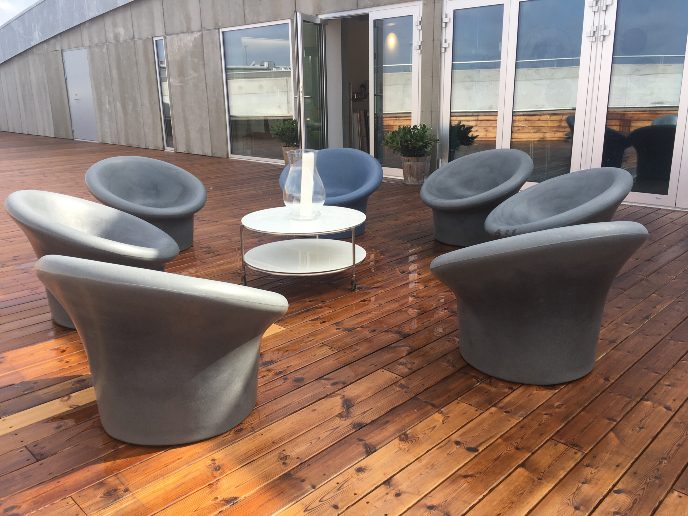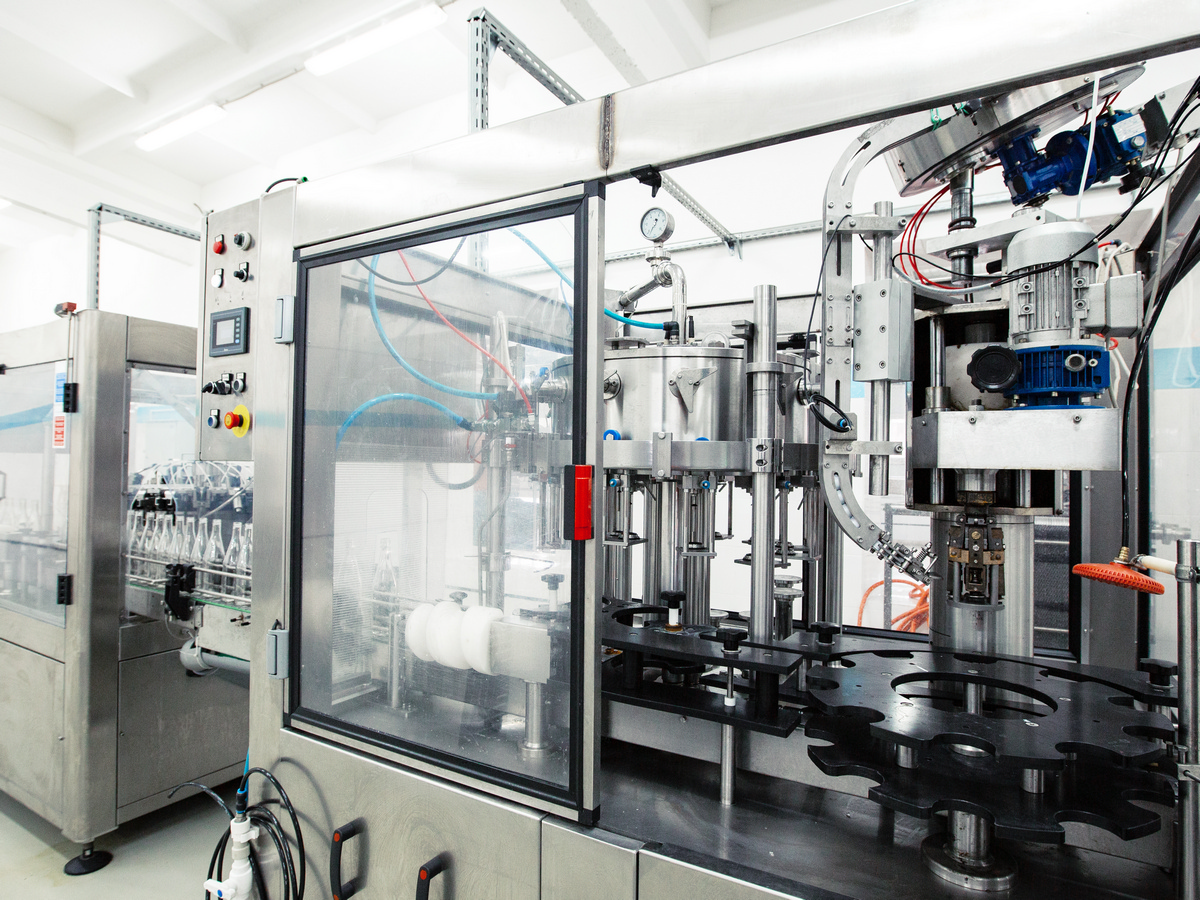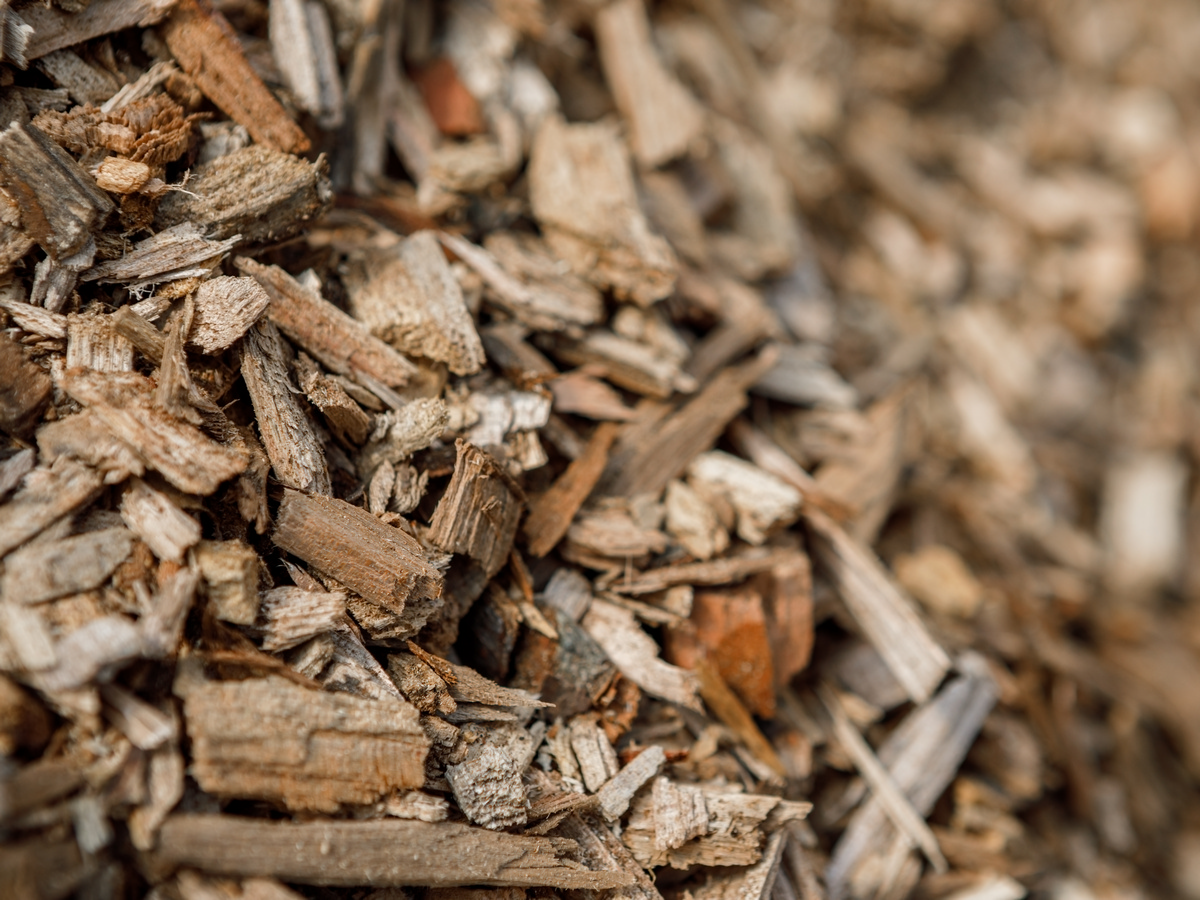Four European cities successfully put circular economy principles into action
In densely populated cities, it is very difficult to achieve the EU target(opens in new window) of preparing for re-use / recycling 60 % of municipal waste by 2030. Towards this goal, four European cities – Copenhagen, Genoa, Hamburg and Lisbon – engaged in participatory value chain-based partnerships within the EU funded FORCE(opens in new window) project to enhance circularity in the management of plastic waste, waste from electrical and electronic equipment (WEEE), biowaste and wood waste. “We have seen that knowing the needs in the value chain improves reuse and recycling,” notes Mette Skovgaard, FORCE project coordinator.
Separate collection high on the agenda for plastics and WEEE
In Copenhagen, FORCE set up collection schemes for household plastic waste and encouraged citizens to separate more plastic waste. “When Copenhagen simplified the collection scheme, the collection rate increased by 30 %,” explains Skovgaard. Several sorting and recycling tests for post consumer plastics were also conducted. Results showed that polypropylene (PP) and high-density polyethylene (HDPE) could be collected from residual waste, sorted and reprocessed into secondary raw materials with properties and value similar to raw materials derived from source separated PP and HDPE plastics. In Hamburg, the objective was to raise public awareness on WEEE reduction and avoidance. FORCE introduced an innovative decision support tool, CYCEL(opens in new window), to observe the WEEE market and inform citizens about reselling, repairing, recycling and donation possibilities. The CYCEL website gets about 500 visitors daily and around 80 visitors per day search for the sales value of their devices. Moreover, pre-checking of the devices received at the city’s recycling stations to ensure they work before transferred to a second-hand shop resulted in the reduction of non functioning devices by 10-20 %.
Circularity gaining significant strides in wood waste and surplus food
Italy has a high rate of wood recycling, especially in the panel boards sector. To improve and integrate existing wood waste management and test new sustainable practices, FORCE redesigned the collection schemes for four types of wood waste. Additionally, the Genoa residents operated the reuse centre ‘Surpluse’(opens in new window), allowing locals to donate furniture and large electrical and electronic equipment for repair. The centre also sells second-hand items. Around 3 tonnes of bulky wood waste were collected, repaired and redistributed. Lisbon undertook a pilot project developing the web app LISBOA ZERO(opens in new window) for the reduction of organic waste at its source, in which the food products produced and near the end of their life cycle can be redirected to new channels and platforms. An objective was to identify the quantities and diversity of food sources and food waste and assess the number of saved meals, saved costs and CO2 emissions. Of the 76 food donors who signed up to the app, the estimated benefits were 1.6 million recovered meals, 800 tonnes of food waste avoided, and 3 400 tonnes of CO2 emissions avoided.
Circular economy in the hands of European citizens
Project outcomes revealed citizens’ willingness to partake in a circular economy, for example, by repairing,, reselling, recycling or donating their electrical products or furniture. Many activities were initiated by FORCE but now are operated by local volunteers. As Skovgaard notes, “many people are reluctant to throw away items that have a reuse potential, and they are keen to minimise the material leakage.” FORCE project set out to minimise material leakage from the linear economy and pave the way to circularity. Partnerships resulted in the successful creation of viable, eco-innovative solutions. Their adoption by other cities will ensure the competitiveness of the European circular economy and green growth.







